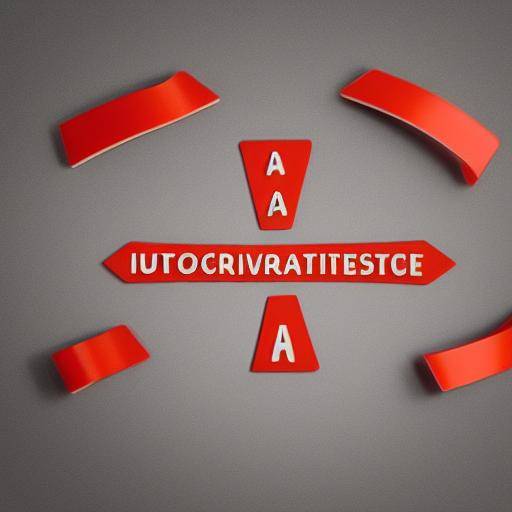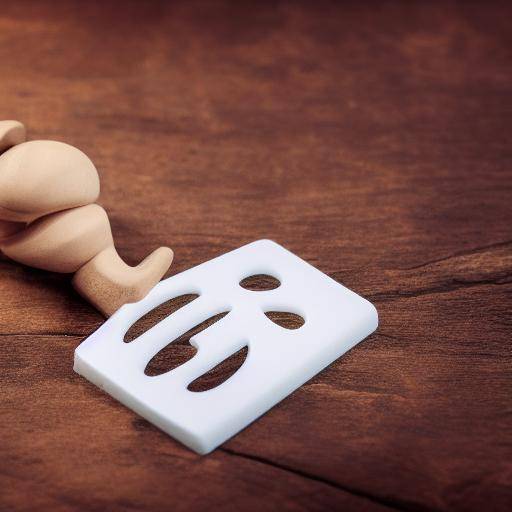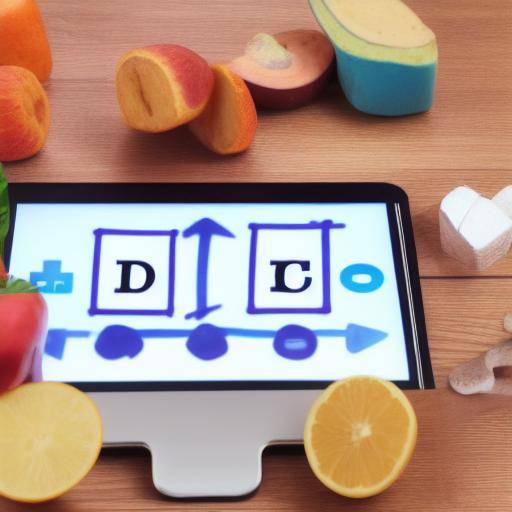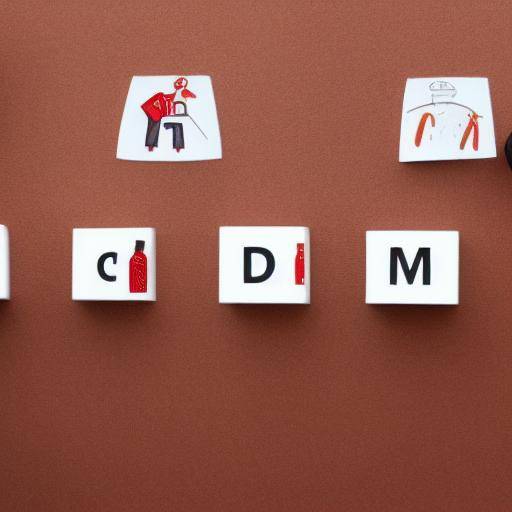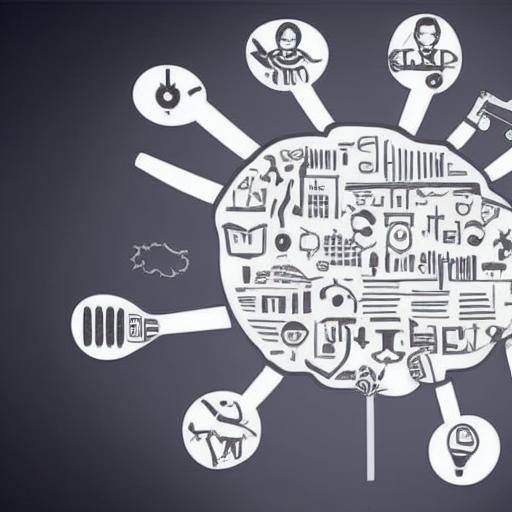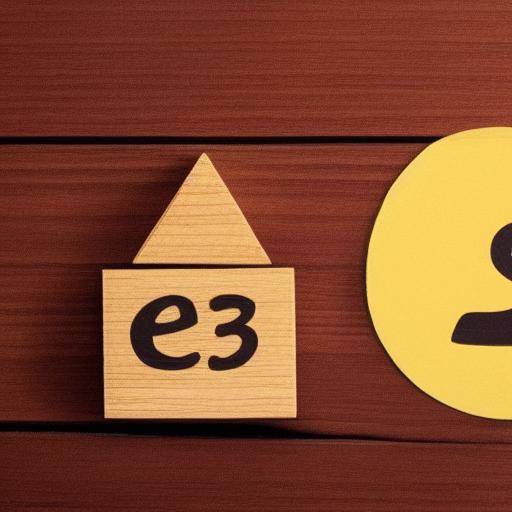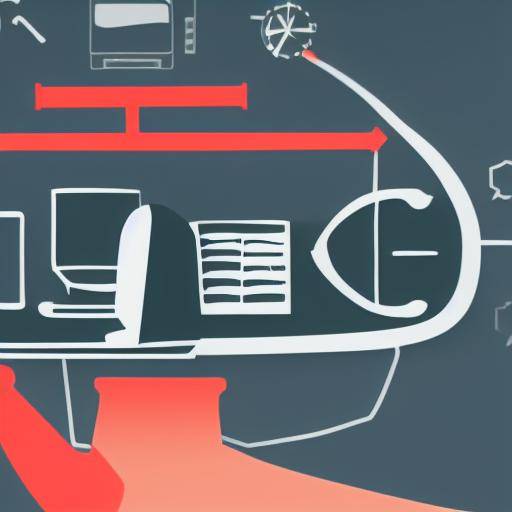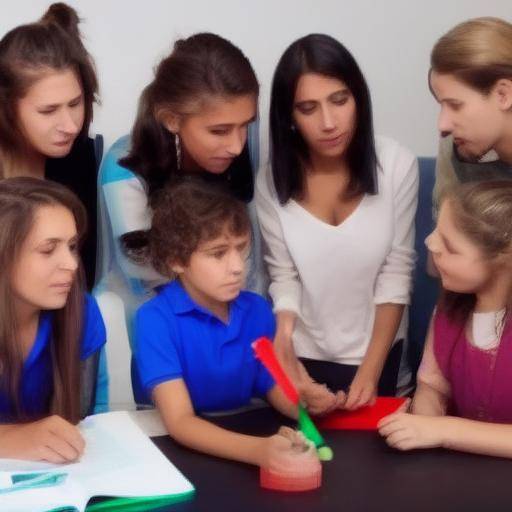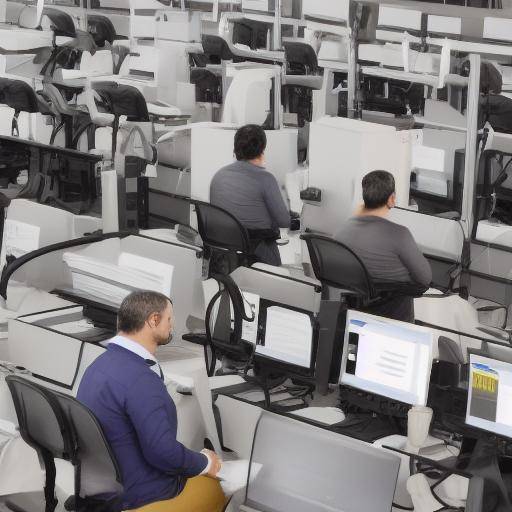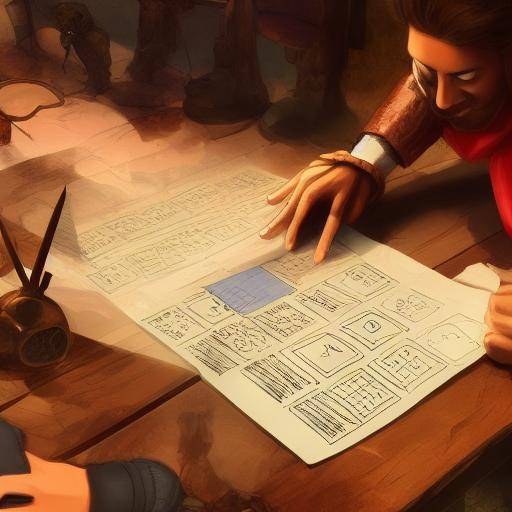
Introduction
The development of skills is fundamental in the life of anyone, both at the personal and professional level. The acquisition of new competencies and the improvement of existing ones are key aspects to confront the challenges of the current world. In this context, self-discipline plays a crucial role, as it is the ability to control our impulses, emotions and behaviors in order to achieve long-term goals. This article explores the influence of self-discipline in the development of skills and continuous learning, offering deep analysis, practical advice and future forecasts.
History and Background
The concept of skills development has evolved throughout human history. Since the first civilizations, human beings have sought to improve their capacities to adapt to changing environments and survive. In the modern sphere, industrial revolution and technological advances have driven the need to acquire specialized skills to compete in the labour market. Over the centuries, self-discipline has been recognized as a determining factor for success in different areas of life, from study to sport and business.
Analysis in Deep
Self-discipline has a significant impact on skills development. Many studies have shown that people with a high level of self-discipline tend to achieve their goals more consistently, persevering at adversity and discouragement. In addition, self-discipline allows to keep the focus on continuous learning, facilitating the acquisition of new skills and overcoming obstacles. However, the cultivation of self-discipline is not without challenges. Procrastination, lack of motivation and inability to manage time are common obstacles that can hinder the development of skills.
Comprehensive review
Self-discipline and skills development are applied in a wide range of contexts, from formal education to self-learning in working environments. One of the best practices to enhance self-discipline and skills development is to establish clear and achievable goals, as well as to keep track of action plans. The setting of short, medium and long-term goals allows the effective structuring of the skills development process, while the application of time management and decision-making techniques contribute to strengthening self-discipline.
Comparative analysis
The relationship between self-discipline, skills development and continuous learning is undeniable. While self-discipline promotes the acquisition of new skills, the development of skills strengthens self-discipline by providing a sense of achievement and progress. Continuous learning acts as a catalyst, as the constant pursuit of knowledge and skills requires a high degree of self-discipline to maintain motivation and overcome obstacles.
Practical Tips and Accessible Sport
To promote self-discipline and skills development, it is essential to cultivate habits that promote constancy and tenacity. Some effective strategies include day-to-day planning, routine setting, proper stress management and active feedback search to continually improve. Likewise, emotional self-control and ability to postpone immediate gratification are key skills that enhance self-discipline and long-term skills development.
Industry Perspectives and Expert Reviews
Several experts agree that self-discipline is a differentiating factor in the labor and academic sphere. In professional environments, the ability to work autonomously and maintain discipline in the execution of tasks is highly valued by the organizations. On the other hand, in the academic sphere, the development of skills is fundamental to preparing individuals for the challenges of the constantly evolving labour market. According to experts in psychology and education, fostering self-discipline from early ages is essential to promoting effective continuous learning.
Case Studies and Real Life Applications
The impact of self-discipline on skills development is manifested in various cases of success in different fields. For example, elite athletes highlight the importance of self-discipline in their daily training and the constant improvement of their sports skills. In business, successful entrepreneurs highlight how self-discipline has allowed them to keep their focus on their long-term goals, overcoming obstacles and adapting to market changes. These cases show that self-discipline is a valuable asset for the development of skills in multiple scenarios.
Future Trends and Predictions
As society moves towards the digital age and task automation, demand for specialized skills and continuous learning capacity is expected to continue to increase. Self-discipline will remain a fundamental pillar in this scenario, as it will allow people to adapt to new technologies and acquire relevant skills for the future labour market. In addition, the development of skills through self-discipline is expected to play a crucial role in the training of highly trained professionals in emerging areas such as artificial intelligence, cybersecurity and environmental sustainability.
Conclusions
In conclusion, self-discipline is a determining factor in the development of skills and continuous learning in all spheres of life. The ability to maintain focus, perseverance and perseverance are essential qualities for acquiring new skills and improving existing skills. Cultivating self-discipline through positive habits and effective strategies is key to personal and professional growth. By understanding and applying self-discipline in the skills development process, people can move towards achieving their goals with determination and lasting success.
Frequently asked questions
What is the importance of self-discipline in the development of skills?
Self-discipline is fundamental in the development of skills, as it allows to maintain the necessary approach, constancy and determination to acquire new competencies and improve existing ones over time.
What effective strategies can be used to strengthen self-discipline?
Some effective strategies to strengthen self-discipline include daily planning, routine setting, appropriate stress management, active feedback search and promotion of emotional self-control.
How does self-discipline affect continuous learning in working environments?
Self-discipline in working environments facilitates continuous learning by allowing individuals to maintain motivation, concentration and persistence in acquiring new skills and knowledge relevant to their work roles.
What is the role of self-discipline in self-learning?
In self-learning, self-discipline is crucial for maintaining motivation and meeting the independent learning goals, thus developing skills effectively and sustainably.
How does self-discipline relate to the formation of positive habits?
Self-discipline is closely related to the formation of positive habits, as it implies the ability to maintain control over behaviors and decisions to move towards specific goals, thus promoting the development of long-term skills.
What impact does self-discipline have on leadership and decision-making?
Self-discipline significantly influences leadership and decision-making, as it allows leaders to maintain integrity, ethics and commitment to their goals. Through self-discipline, leaders can maintain emotional control, rationality and long-term vision in their decisions, which has a positive impact on the development of skills and on the effective management of teams.
Conclusion
Self-discipline and skills development are interconnected aspects that play a key role in personal and professional life. The ability to maintain focus, constancy and determination over time is essential for acquiring new skills and improving existing skills. Cultivating self-discipline through effective strategies and the systematic application of positive habits is essential for sustainable growth. By understanding the intimate relationship between self-discipline, skills development and continuous learning, people can advance towards achieving their goals with motivation, perseverance and lasting success.
With this article, it is intended to provide an integral vision on how self-discipline influences the development of skills and continuous learning, offering a practical guide and deep reflections on a fundamental theme in everyday life. Promoting self-discipline and skills development is a constant challenge, but with appropriate strategies and a diligent approach, significant results can be achieved that have a positive impact on all areas of life.
We hope that this content has provided a more comprehensive understanding of the importance of self-discipline in the development of skills and their influence on continuous learning, while providing practical guidance and valuable insights for personal and professional growth.
Remember that the development of skills and self-discipline are continuous processes, and the constant commitment to personal improvement is key to achieving long-term success.
Note: This article provides a general overview and practical guidance, but it is important to seek professional or specialized advice to address specific needs and challenges.
With this approach, the article seeks to comprehensively address the importance of self-discipline in the development of skills and continuous learning, providing relevant and valuable information to the reader.





